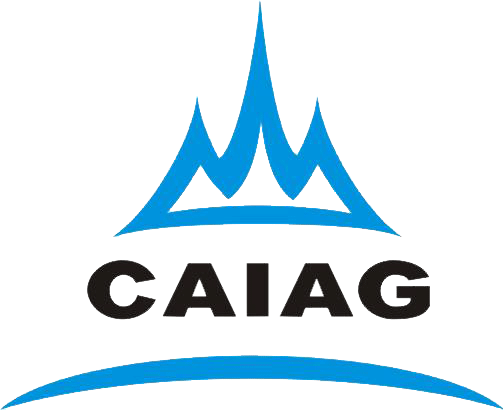The “Pan-Third Pole” and abroad.

“Pan-Third Pole” and abroad : Call for action to address the impact of climate change in fragile ecosystems.
On March 8–10, 2019, on the eve of the fourth session of the United Nations Environment Assembly (UNEA 4), the United Nations Scientific and Political Environment Forum was held in Nairobi, which was held at UN Headquarters.
As part of the Recommendation, the forum informs the UN Assembly on the Environment and the UN work on sustainable development goals and the Paris Agreement. Parties and eminent persons participating in the forum were given the opportunity to participate in the work of the assembly and to contribute to the high-level dialogue with governments and other stakeholders.
It was attended by prominent scientists representing leading research groups and institutions, Nobel Prize winners, artists, ministers, parliamentarians, industry and business leaders, young money changers in the academic and business circles, heads of UN agencies and representatives of civil society and our co-director Bolot Moldobekov.
The UN Science-Policy-Business Forum, created at the United Nations Environment Assembly in December 2017, is the foundation designed to encourage more dynamic interaction between science, politics, business and society. It is designed as an accelerator and incubator of innovation and positive changes towards green solutions to achieve the Sustainable Development Goals.
The Forum promotes increased opportunities for “green” investment arising from advances in science a The forum also contributes to strengthening the role of art and civic science, as well as creating conditions for supporting and expanding the possibilities of “green” technology startups .
This year’s global session of the forum is devoted to the interrelationship of science, innovation and entrepreneurship in the interests of the environment and covers the following five key areas:
- Science to form green policy and market response
A review of recent recommendations from leading environmental assessments submitted to the United Nations Environment Assembly, and a discussion of the necessary policy measures and actions of the private sector and key stakeholders.
- Foundation of a global digital platform for our planet. This flow is based on an extraordinary session of the forum, organized by the French National Center for Space Research in Paris on October 18-19, 2018 in collaboration with the French National Research Institute for Sustainable Development, the French All-Union Environmental Research Alliance (Allenvi) and Earth observation. Sessions will focus on the following key areas: opportunities provided by artificial intelligence and machine learning; big data, Earth observation and remote sensing, management, justice and ethics; financing.
- Discourse change: smart, greener solutions for cities
By 2050, 70% of the population will live in cities. Innovative technologies, from e-mobility to green buildings, must be used to maximize the efficient use of natural resources and encourage environmentally sound choices by all participants in all sectors. We must change not only the physical design and infrastructure, but also encourage positive decisions about the provision of resources, behavior change and political action.
- Green Technology Startup Center
Startups not only transform markets and economic growth; some of them help save the planet. Venture investments in startups rose to the highest level - $ 148 billion last year alone. More than 40 venture capital backed companies reached the billionth valuation and joined the unicorns club.
The United Nations political, scientific and business forum is launching an innovative program to identify, inform and highlight the contribution of this fast-growing sector. This program will act as an accelerator and incubator for innovative environmental initiatives as you explore the policies and measures necessary to use such innovations to transform the world into a more ecological and more sustainable life.
The Green Technology Startup Center will showcase some groundbreaking innovations for the planet, represented by start-ups from around the world, with in-depth sessions devoted to specific projects, financing and political support needed to implement solutions and bridge the technological gap.
- Innovative climate solutions: finance, market and non-state actors
National commitments under the Paris Agreement will only lead to a third of the emission reductions required by 2030 to reach climate targets, and the private sector and subnational actions will not increase at a pace that would help close this alarming gap. This meeting, organized in collaboration with the Green Climate Fund and Reuters Resilience, examines the means to use the opportunities of financial, market and non-state actors to combat climate change.
- Healthy food for a sustainable planet
We produce and consume more food than ever before, which adversely affects human health and the planet. Meetings will be reviewed:
Agricultural transformations — resilient and climatic — sound agricultural models that minimize pollution impacts — examples from the rice sector and other sectors, including livestock.
Nutrition and healthy diets - embracing complex issues and debates about meat versus a vegetarian diet, also considering bio-fortification, plant health, which are beneficial, in turn, human health
Food waste — measuring and achieving food waste reduction at the global level.



Source: CAIAG's material.




